Understand
Paraguay, a country colonized by the Spanish for three centuries, has managed to preserve its indigenous character and identity. This South American nation is home to a diverse population, with mestizos accounting for more than 80% of its 7 million inhabitants. Guarani, alongside Spanish, is the official language of Paraguay. In the past, the Franciscan and Jesuit missions intertwined with the Guaranis' vision of a land without evil, creating unique societies. The remnants of the Jesuit Missions of La Santisima Trinidad de Parana and Jesus de Tavarangue, both UNESCO World Heritage sites, stand as witnesses to Paraguay's peaceful history. However, Paraguay has also faced its fair share of challenges. Once one of the wealthiest countries in the 1800s, it suffered greatly during the devastating War of the Triple Alliance (1865-70). The conflict led to the loss of two-thirds of its adult male population and substantial territorial losses. Paraguay even saw an unexpected influx of Australian settlers attempting to create a communist society, leaving a lasting impact on the country's heritage. In the Chaco War of 1932-35, Paraguay triumphed over Bolivia, securing economically significant territories. The country's 35-year military dictatorship under Alfredo Stroessner came to an end in 1989, leading to a transition towards democracy. Paraguay has also welcomed immigrants over the years, resulting in vibrant colonies of Germans, Russians, Italians, French, and Spanish people in rural areas. While the country continues to face political and economic hardships, recent years have shown signs of stability and potential changes. Join Paraguay in celebrating its Independence Day on May 15th, a national holiday since 1811. Explore the rich history, diverse culture, and vibrant communities of this intriguing South American nation.
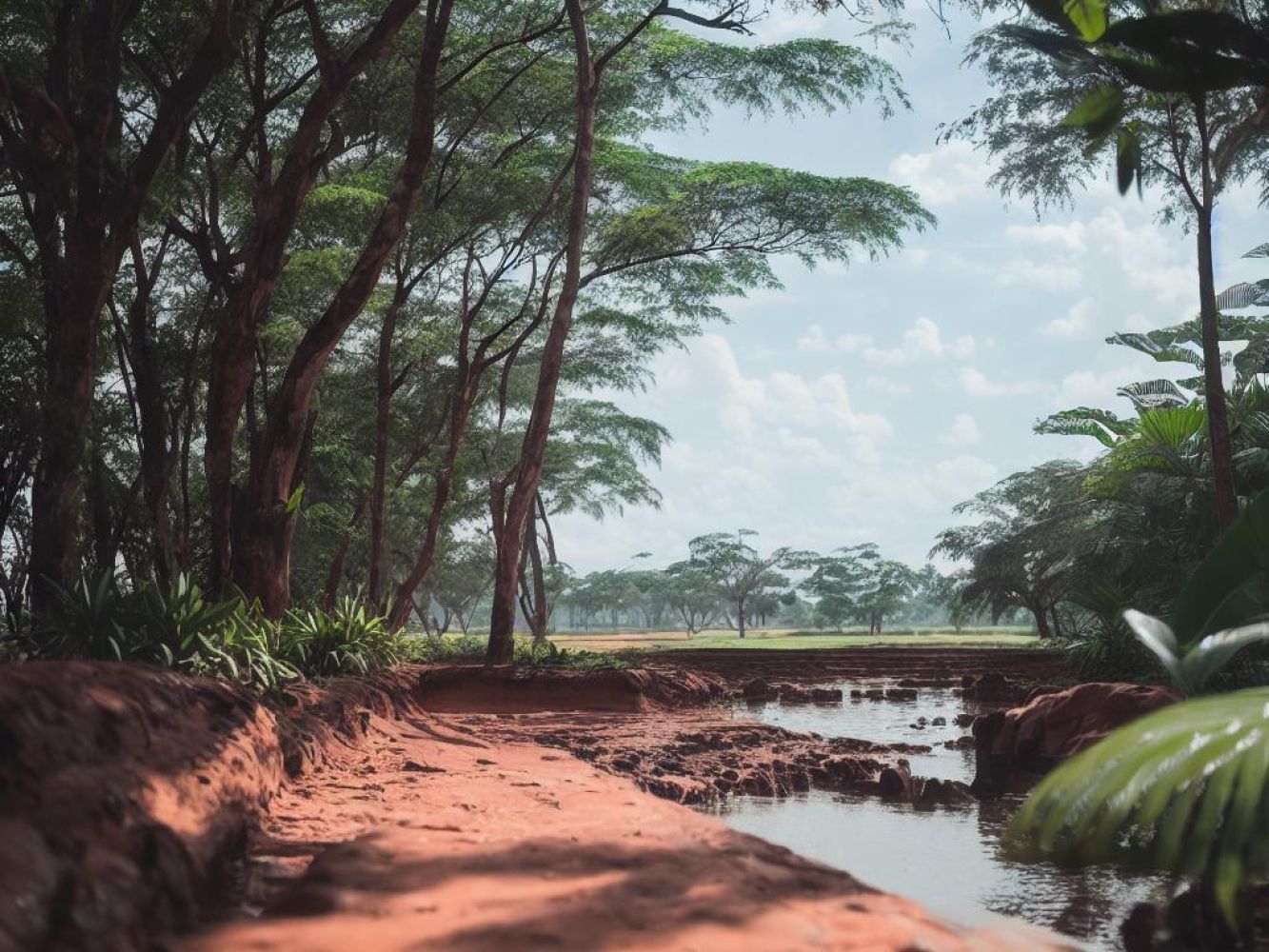
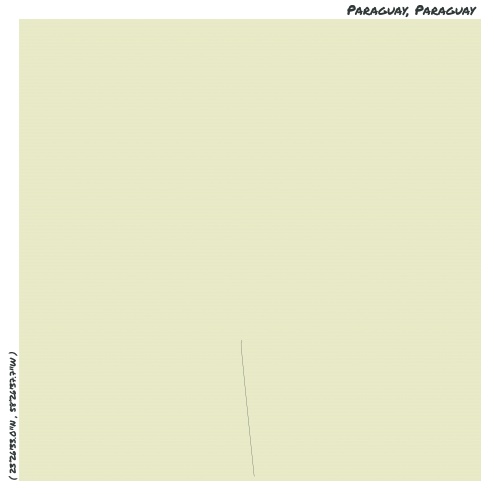
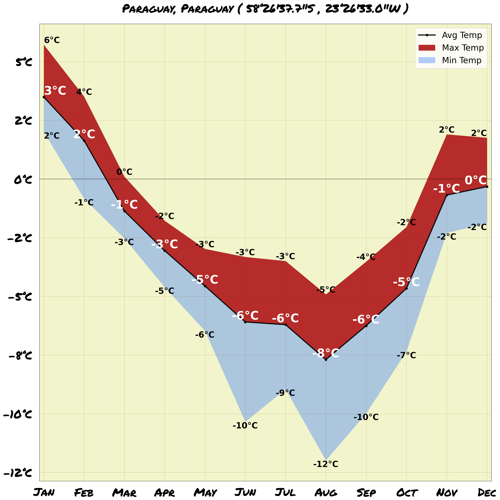
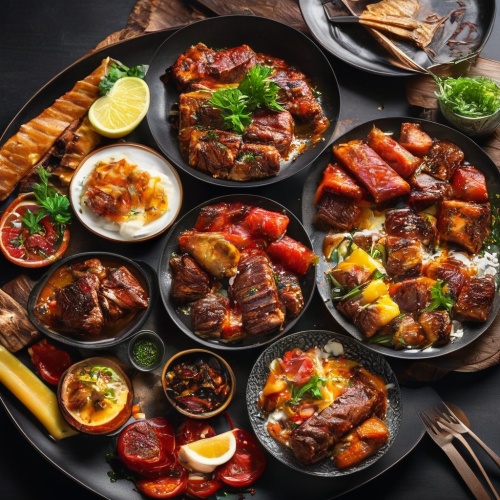


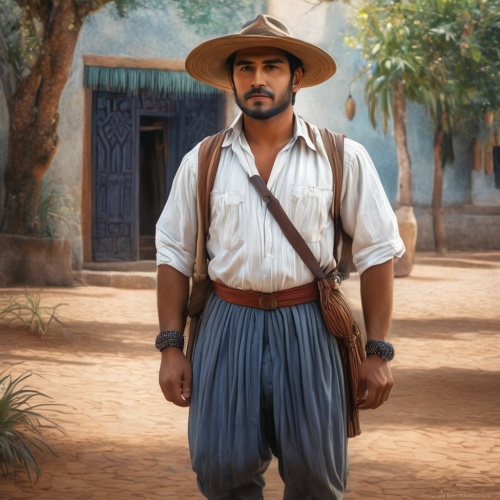
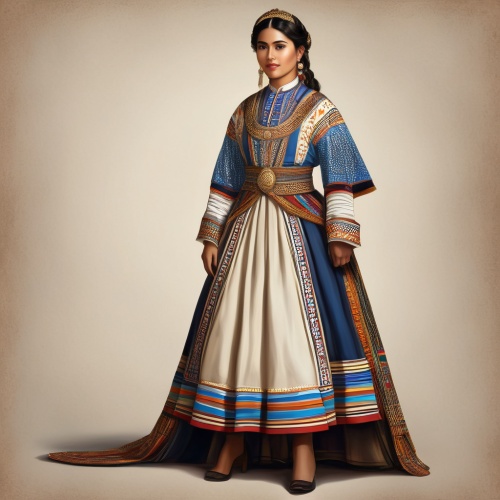
Comments
NO COMMENTS